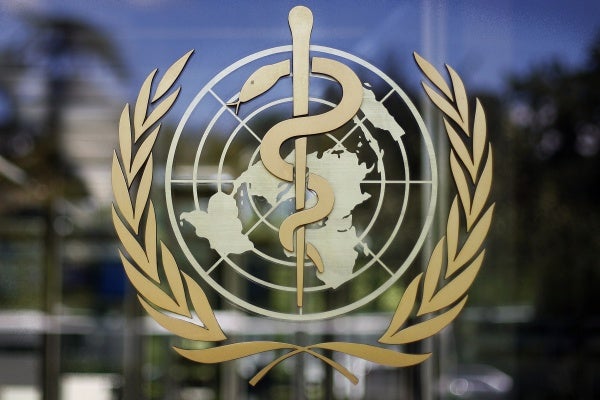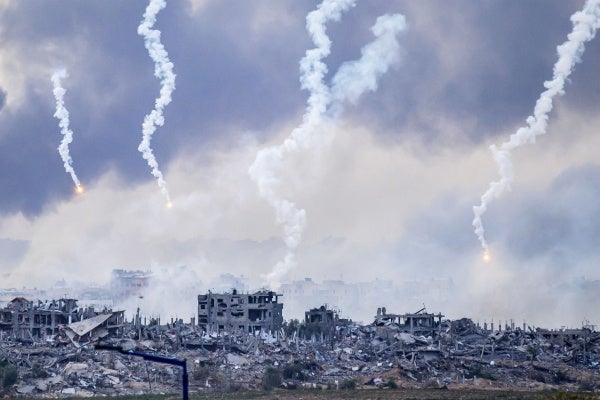Lire la version en français / Hier auf Deutsch lesen/ Lea la versión en español
On the one hand, it’s incredible how quickly people seem to have forgotten the Covid-19 pandemic – it impacted all our lives profoundly, but no one talks about it anymore. On the other hand, it’s not really so surprising. Few want to dwell on difficult memories, new crises replace old ones in media headlines, life moves on.
But it is truly astounding how those in power have forgotten the lessons of the pandemic.
The official global death toll from Covid-19 is at least 7.1 million, but estimates looking at excess deaths around the world suggest double or triple that number. The economic and social disruptions of the pandemic were devastating. And “coronavirus remains a significant killer” today.
You’d think governments would want to learn from this experience, so they can respond more effectively in future global health crises. Apparently not.
Member countries of the World Health Organization (WHO) are in Geneva right now in another round of negotiations for a new international agreement to address pandemics. Their aim is to improve international systems of prevention, preparedness, and response.
But after two years of these negotiations, the draft text in its current form still has serious problems, notably on human-rights grounds, in light of past lessons.
During the Covid-19 pandemic, wealthy governments hoarded healthcare resources and prioritized private profit over human life by blocking efforts to waive intellectual property rules. Pharmaceutical companies refused to share technology widely, limiting global production of lifesaving health products, like vaccines, especially in low- and middle-income countries.
Human rights got trampled during the pandemic in so many other ways, as well.
Many governments closed schools without adequate alternatives, with devastating impacts on children’s learning and development. Others rushed to endorse online learning platforms without regard to how those systems surveilled children.
Governments frequently failed to ensure the rights of older people and people with disabilities. They also failed to address the deep impact of the pandemic on women and girls, and a global surge in violence against women.
Some governments weaponized public health responses to target activists and opponents and violate the rights of asylum seekers.
And, despite the pandemic, many governments also still failed to meet public healthcare spending targets, leaving many people unable to access needed care.
Such government missteps and neglect during the Covid-19 pandemic were precisely the reason the WHO’s World Health Assembly established a body to negotiate a new international agreement on pandemics.
But if governments negotiating the deal in Geneva now fail to remember and recognize the mistakes of the last pandemic, they are all too likely to repeat them.










